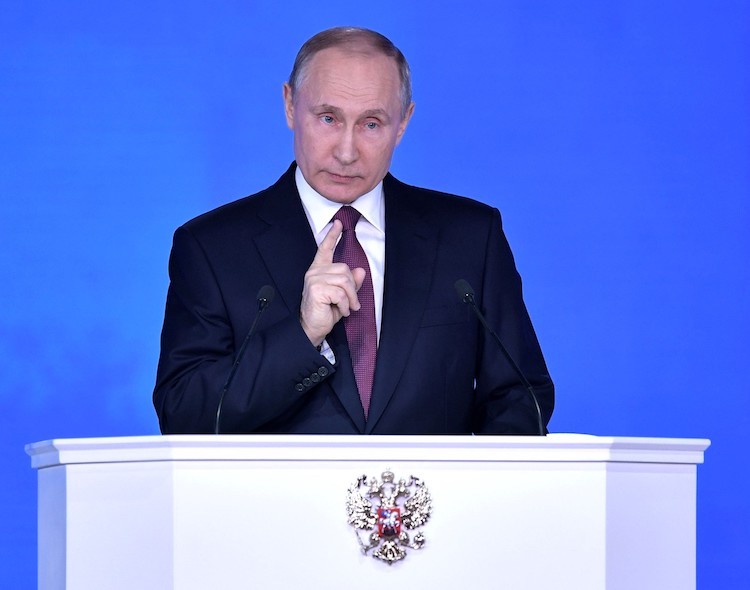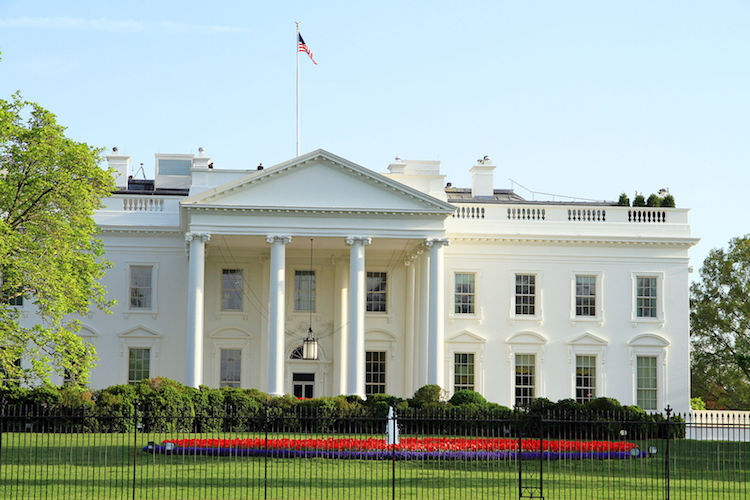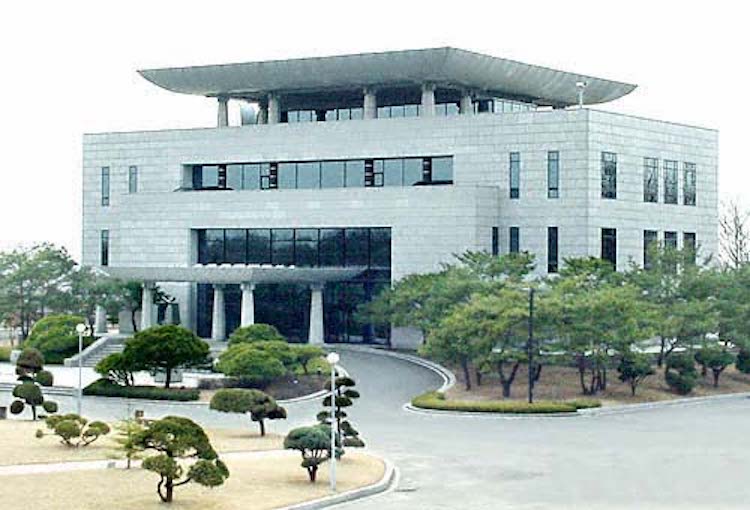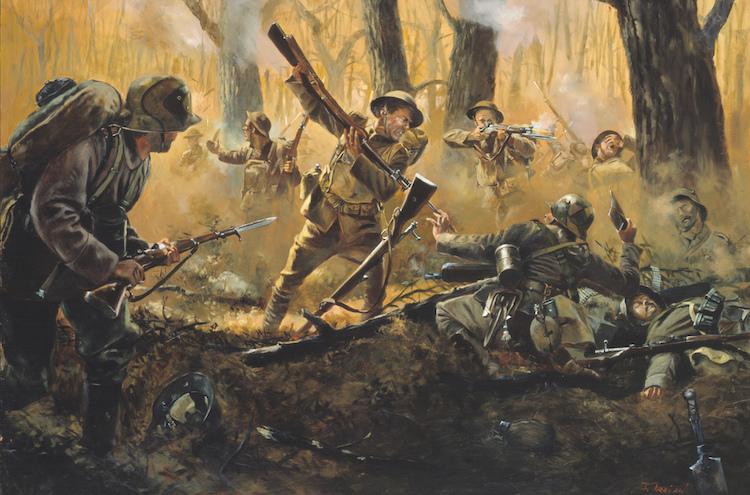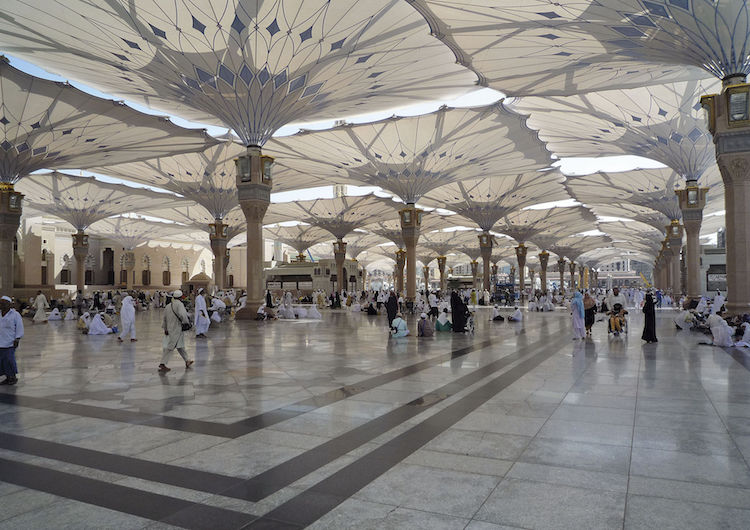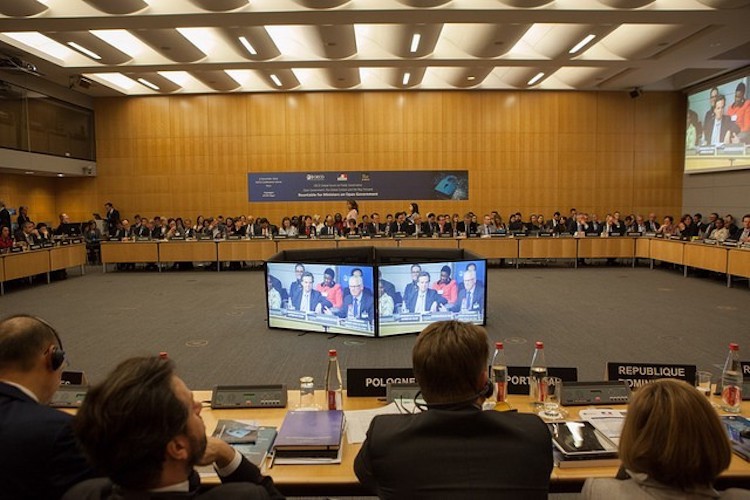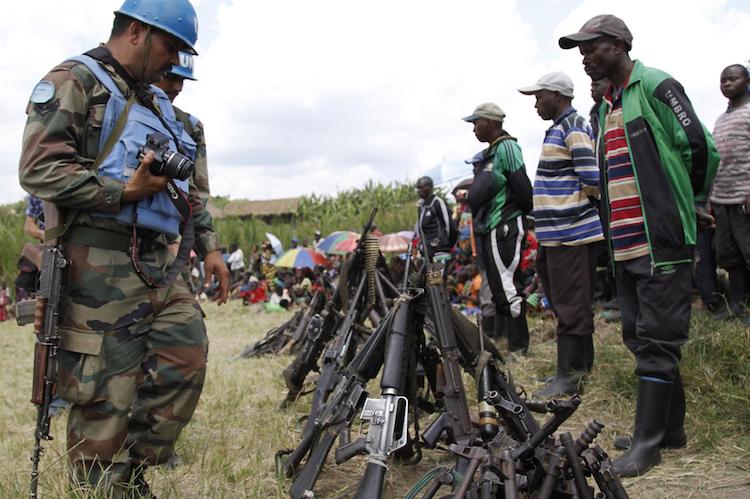Viewpoint by Jonathan Power* LUND, Sweden (IDN-INPS) – Like it not we find that we’re having to get used to the paradoxes, contradictions and confusions of the Trump era. None is more apparent than his attack on the landmark Iran de-nuclearisation agreement, fashioned by the Obama Administration and the Iranian government. President Donald Trump wants […]
Why Putin Will Win Re-election As Russia’s President
Viewpoint by Jonathan Power* LUND, Sweden (IDN-INPS) – The seemingly eternal president of Russia, Vladimir Putin, has an iron grip on his nation and a foreign policy to match. A large majority of Russians give him their support. He will win re-election. Is it his early economic success? Or is it because of a new […]
The Rise of Donald Trump and the Decline of America
By H. L. D. Mahindapala* “… my administration, I believe, has had the most successful year in the history of the Presidency,” Donald Trump, Conservative Political Action Conference, Maryland, February 23, 2018. MELBOURNE, Australia (IDN) – Since it is generally agreed that one week is a long time in politics, it is time to ask, […]
Surprise Trump-Kim Summit by May with Global Repercussions
By Jayantha Dhanapala The writer is a former Sri Lanka Ambassador and UN Under-Secretary-General for Disarmament Affairs. He was also President of the Pugwash Conferences on Science and World Affairs for ten years until August 2017. Click here for his previous stimulating contributions for IDN. – The Editor. KANDY (IDN) – Donald Trump has always […]
To Achieve Gender Equality, We Need Women Entrepreneurs
By Shamshad Akhtar Dr. Shamshad Akhtar is the Under-Secretary-General of the United Nations and Executive Secretary of Economic and Social Commission for Asia and the Pacific (ESCAP). BANGKOK (IDN) – In 2018, we have an opportunity to accelerate progress towards gender equality. Movements such as #MeToo have shone the spotlight on an unacceptable status quo […]
US Foreign Policy and Trump’s Contradictions – Part 2
Viewpoint by Michele Nobile* This is the second of a five-part article looking at US foreign policy in historical context and its global implications under President Donald Trump. BERGAMO, Italy (IDN) – With the arrival of the Trump administration, the threshold of potential use of the nuclear weapon has been lowered considerably, according to a […]
What the Prophet Implied and What Sustains Fundamentalists
Viewpoint by Jonathan Power* LUND, Sweden (IDN-INPS) – What do we in the West know about Islam? Perhaps more than we did before 9/11 but not much. When Tony Blair was prime minister of the United Kingdom he was photographed walking along holding the Koran. President George W. Bush said repeatedly that Islam was a […]
The Focus Turns To Corruption in 2018
By Joe Powell The writer is Deputy CEO of Open Government Partnership (OGP). This article first appeared in Transparency International‘s blog Voices for Transparency. – The Editor WASINGTON, D.C. (IDN) – Corruption continued to dominate headlines across the world in 2017. It ended political careers, motivated citizens to organize and advocate for reform, and was […]
On the Use – or Abuse – of “Politically Correct”
Viewpoint by Marcelo Colussi* GUATEMALA CITY (IDN) – Although it is not very clear – or not at all clear – what the “correct” in “politically corrrect” consists of, there is a general consensus that we must practice “correctness”, that we must be “politically correct”. Pushed by this trend, then, we cannot say “blacks” but “people of colour” and […]
UN Peacekeeping Needs Thorough Reform
Viewpoint by Jonathan Power* LUND, Sweden (IDN-INPS) – The new, vicious, fighting in the Congo is the fourth round of warfare since independence in 1960. No other country has seen so many “blue berets” – UN peacekeeping troops – in its short history. The Belgian colonialists may have exploited it and transferred massive amounts of […]


